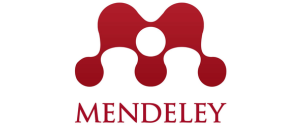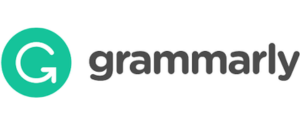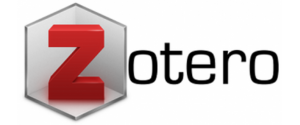Publication Ethics
Publication Ethics
1. Authorship Responsibilities
Originality and Plagiarism
-
All submitted manuscripts must be original works.
-
Text recycling (self-plagiarism) is not permitted without proper citation.
-
Plagiarism screening will be conducted using Turnitin/iThenticate (maximum 20% similarity allowed).
-
Authors must properly cite and obtain permission for any reproduced content.
Authorship Criteria
Authorship requires substantial contributions to at least one of the following:
-
Study conception and/or design
-
Data acquisition and/or analysis
-
Drafting the article or critically revising it
-
Final approval of the version to be published
All listed authors must approve the final manuscript and be accountable for their contributions.
Data Integrity
-
Fabrication or falsification of data is strictly prohibited.
-
Authors are required to retain raw data for a minimum of 5 years post-publication.
-
Clinical trials must be registered in recognized trial registries (e.g., ClinicalTrials.gov).
2. Peer Review Process
Confidentiality
-
Reviewers and editors must maintain strict confidentiality of the submitted manuscripts.
-
Reviewers must disclose any conflicts of interest.
-
A double-blind peer review process will be employed.
Objectivity
-
Reviews must be objective, constructive, and based on scholarly merit.
-
Personal criticism of authors is not acceptable.
-
Reviewers should identify relevant work not cited by the authors.
3. Editorial Responsibilities
Fair Evaluation
-
Editors evaluate manuscripts solely based on intellectual content.
-
No discrimination will be made based on race, gender, sexual orientation, religion, or political beliefs.
-
Editors must recuse themselves from handling manuscripts where conflicts of interest exist.
Publication Decisions
-
Editors ensure that all published articles meet the journal’s academic and ethical standards.
-
Decisions to accept or reject manuscripts are based on:
-
Originality
-
Significance to the field
-
Validity of the study
-
Clarity of presentation
-
4. Publisher Responsibilities
Editorial Independence
-
The publisher will not interfere with editorial decisions.
-
The integrity of the academic record will be protected.
-
Ethical concerns raised about any article will be investigated thoroughly.
Corrections and Retractions
-
Errors in published articles will be corrected promptly with clear notices.
-
Retractions will be issued in cases of:
-
Proven unreliable data or findings
-
Plagiarism
-
Unethical research practices
-
Duplicate publication
-
5. Conflict of Interest
Disclosure Requirements
-
All authors must disclose any financial or personal relationships that could influence the research.
-
Funding sources must be declared in the manuscript.
-
Reviewers and editors must also disclose potential conflicts of interest.
Management of Conflicts
-
Individuals with conflicts will be excluded from the peer review and editorial process.
-
Relevant conflicts will be published alongside the article when necessary.
6. Ethics
Human Subjects
-
Research involving human participants must adhere to the Declaration of Helsinki.
-
Ethical clearance from an institutional review board (IRB) is required.
-
Manuscripts must include an informed consent statement.
-
Patient confidentiality must be strictly protected.
7. Post-Publication Discussions
Corrections
-
Readers may submit corrections via Letters to the Editor.
-
Significant errors will be corrected with an official erratum.
Appeals
-
Authors may appeal editorial decisions with a written justification.
-
Appeals will be reviewed by an independent editorial committee.
8. Violations and Sanctions
Possible Violations
-
Plagiarism
-
Data fabrication or falsification
-
Duplicate submission or publication
-
Undisclosed conflicts of interest
-
Authorship disputes
Sanctions
-
Rejection of the manuscript
-
Retraction of a published article
-
Notification to authors’ institutions
-
Public notice of violation
-
Ban from future submissions (1–5 years)
9. Compliance
This journal adheres to the ethical standards set by:
-
COPE (Committee on Publication Ethics)
-
ICMJE (International Committee of Medical Journal Editors)
-
WAME (World Association of Medical Editors)
All participants in the publication process—authors, reviewers, and editors—are expected to comply with these ethical guidelines.









